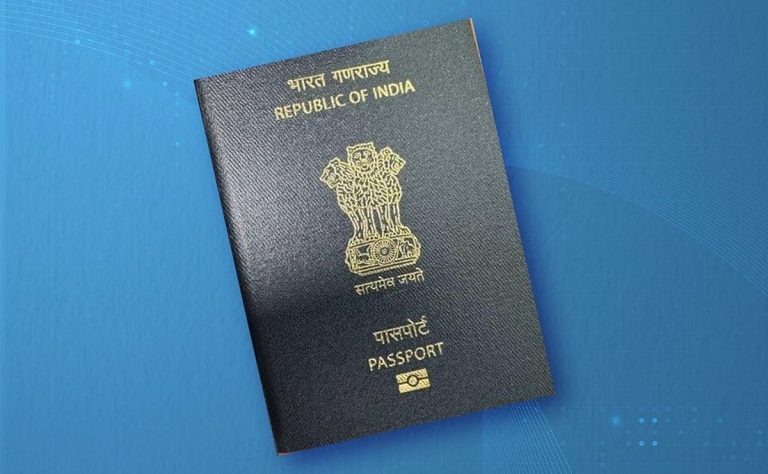UAE Warns of Severe Penalties for Social Media Fraud
The Abu Dhabi Judicial Department has issued a stern warning regarding the consequences of cyber fraud and impersonation on social media. Under the Federal Decree Law No. (34) of 2021, offenders can face significant penalties, including imprisonment and hefty fines, for engaging in fraudulent activities online.
Understanding the Legal Framework
According to Article (40) of the aforementioned law, individuals found guilty of cyber fraud may be sentenced to at least one year in prison and fined between Dh 250,000 and Dh 1 million. This law applies to anyone who unlawfully takes possession of movable property, benefits, documents, or signatures, whether for personal gain or on behalf of others. The law also covers those who impersonate others or use deceptive methods online.
Common Fraud Schemes
In an effort to educate the public about the tactics employed by cybercriminals, the Abu Dhabi Judicial Department has identified four prevalent fraud schemes:
1. **Impersonation of Official Employees**: Scammers often pose as government or company representatives to gain trust.
2. **Mimicking Established Companies**: Fraudsters may call from landlines or send emails that closely resemble those of legitimate businesses to deceive individuals.
3. **Exploiting Promotions**: Criminals frequently take advantage of promotional seasons or prize campaigns to lure victims.
4. **Fake Prize Claims**: Scammers may inform individuals that they have won a prize, subsequently requesting personal or banking information to facilitate the transfer.
Factors Contributing to Victimization
The Department has highlighted several reasons why individuals fall prey to these scams:
– **Lack of Awareness**: Many people are unaware of how to verify information or the identity of those they communicate with online.
– **Emotional Manipulation**: Scammers exploit emotions such as greed and excitement, often presenting offers that seem too good to be true.
– **Trusting Unknown Sources**: Individuals may inadvertently trust messages from unverified accounts, especially on social media, making them vulnerable to deception.
– **Failure to Verify**: Not checking the credibility of advertisements or offers can lead to being misled.
Precautionary Measures
To combat the risk of falling victim to cyber fraud, the public is encouraged to take the following precautions:
– **Be Skeptical of Offers**: Treat any deal that appears too good to be true with caution, as there is often a hidden catch.
– **Verify Sources**: Always confirm the legitimacy of accounts or pages promoting offers before engaging with them.
– **Check Comments and Reviews**: Look for feedback from other users to gauge the reliability of an offer.
– **Watch for Errors**: Be wary of messages or ads containing spelling or grammatical mistakes, as these can indicate a fraudulent source.
By remaining informed and vigilant, individuals can better protect themselves from the traps set by cybercriminals.
FAQs
What are the penalties for cyber fraud in the UAE?
Individuals convicted of cyber fraud can face imprisonment for at least one year and fines ranging from Dh 250,000 to Dh 1 million.
How can I verify if a prize offer is legitimate?
To verify a prize offer, check the official website of the company promoting it, and never disclose personal or banking information without confirming its authenticity.
What should I do if I suspect I have been targeted by a scam?
If you suspect you have been targeted by a scam, report the incident to local authorities and avoid sharing any personal information with the suspected fraudster.
Conclusion
The Abu Dhabi Judicial Department’s warning highlights the serious consequences of cyber fraud and the importance of public awareness. By understanding common scams and implementing precautionary measures, individuals can significantly reduce their risk of falling victim to online impersonation and fraud. Staying informed and cautious is essential in navigating the digital landscape safely.
The rise of social media has created new opportunities for fraudsters, as these platforms often lack stringent verification processes. This environment allows scammers to easily create fake profiles and impersonate trusted individuals or organizations, making it increasingly difficult for users to discern legitimate communications from fraudulent ones. The anonymity provided by the internet further complicates efforts to track and prosecute offenders, underscoring the importance of public vigilance.
In response to the growing threat of cyber fraud, authorities in the UAE are not only enforcing strict penalties but also promoting educational initiatives aimed at raising awareness about online safety. Workshops and campaigns are being organized to inform citizens about the latest fraud tactics and the importance of cybersecurity practices. By fostering a culture of skepticism and verification, the UAE aims to empower individuals to protect themselves against potential scams and contribute to a safer online community.
Also Read:
Mother in New Zealand ‘Suitcase Murders’ Found Guilty of Killing Her Children
UAE Extradites Two Fraud Suspects to Nepal and Uzbekistan Under Justice Ministry Order







